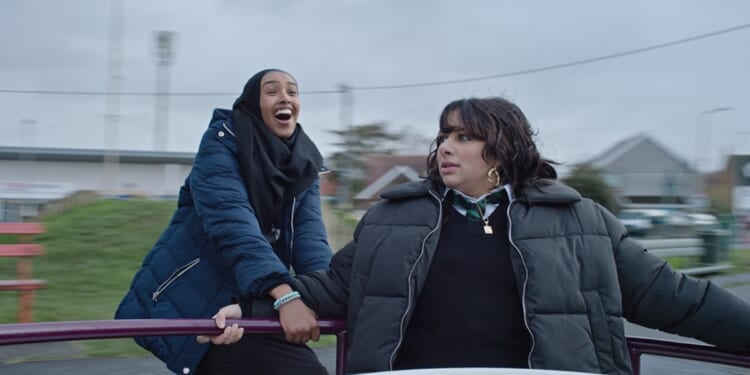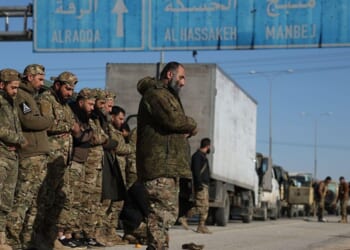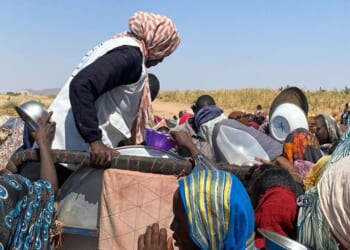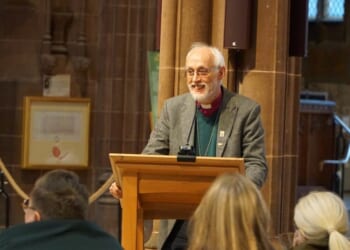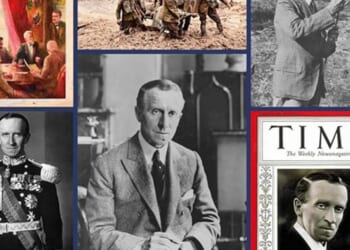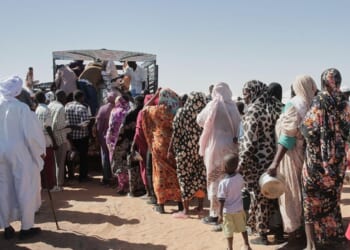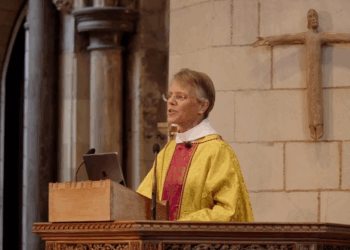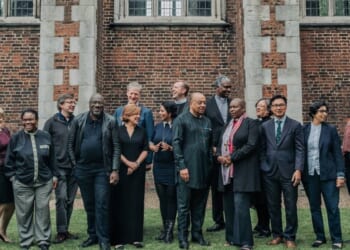THE film Brides (Cert. 15) is a fictionalised account of two Muslim girls’ 2014 clandestine journey to war-torn Syria. The Young Vic’s artistic director Nadia Fall’s debut movie is, however, more about teenagers’ quest for freedom. Muna (Safiyya Ingar) is aggressively loud-mouthed. A mixture of violence at home and racism outside drives her escape.
Anywhere could have become her Promised Land. She isn’t particularly driven by faith, whereas Doe (Ebada Hassan) holds a deeply, if naively, reverent one. She wishes to join her idealistic boyfriend, Samir (Ali Khan), already in Syria with forces resisting Bashar al-Assad’s regime of terror. These schoolgirls’ different outlooks are well illustrated after losing their possessions in Turkey. “Do you think this is Allah’s way of telling us to go home?” Doe asks. “Well, if he wanted us to go home, he could at least have left your passport,” Muna retorts. Suhayla El-Bushra’s screenplay subtly accomplishes Fall’s intention for Brides to be a love letter to adolescent females with all their hopes and dreams, however ingenuous.
Religion provides much vindication for their risk-taking, adventures, and resourcefulness. It could just as easily have been another faith leading them away (astray?) from home. Surviving means being streetwise and fleet of foot, even breaking laws sacred to their tradition. Frequently, they are munificently blessed by the kindness of strangers. When they are stranded at the bus station in Turkey, the booking clerk takes them to her home, giving food and shelter for the night. Sadly, they somewhat abuse this act of mercy. You could argue that this is all part of their growing up, but witnessing it leaves a nasty taste in the mouth.
They do gradually learn better behaviour. Not only that, they are taught another important lesson: that the ethic of hospitality (which Muslims religiously practise) isn’t confined to Islam. Their previously enclosed experience of living in the West has obscured realisation that Judaeo-Christian conduct includes similar values. Doe is reminded that the Qur’an teaches followers to respect and love people of different creeds.
Muna’s spiritual journey takes more the form of a slow movement from hostility to embracing intimacy, recognising something of God in friend and stranger. There is also in this film something redolent of Robert Frost’s poem “The Road Not Taken”. It could be argued that these teenagers had literally taken “the one less travelled by”, but more profoundly they come to acknowledge — as does the poem — that the other route holds equal promise. Brides in this respect is about life choices and that Allah will be with them at every step.
The film tells its story sympathetically. The present works better than the past. Some flashbacks to domestic circumstances are not entirely clear. How they managed to accumulate enough money for their flights smacks of the incredible. Overall, however, the girls’ histories enable them, as well as us, to see where they are coming from. Labouring night and day, the way of the pilgrim ever lies ahead with all its twists and turns. We sense that Muna and Doe may be learning to distinguish illusion from reality.

